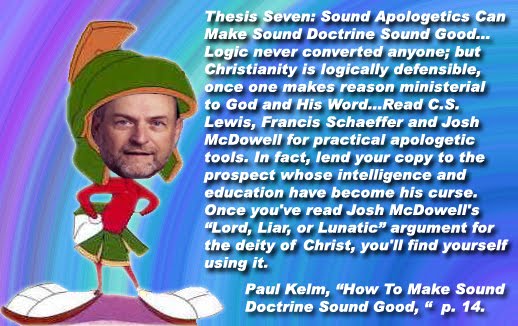The Brotherhood of the Kingdom was a small group of men who met to get political activism worked into the mainline denominations. Their victories included the Federal Council of Churches, which changed its name to the National Council of Churches when the FCC was too openly in favor of Communists.
This became known as the Social Gospel Movement, which reached its peak with the Rauschenbusch lectures at Yale on the Theology of the Social Gospel Movement. The name went away, but the agenda did not.
I believe the Methodists had the first social statement denominational statement, which was quite similar to the FCC's statement. The other established denominations followed.
The program of FDR's administration was the same as the Brotherhood of the Kingdom's, Methodists', and FCC's.
Hillary Clinton's background is often listed as Methodist, but one of the pastors influenced her to study the social activist magazine of the denomination.
"As a teen, she visited inner-city Chicago churches with the youth pastor, Don Jones, her spiritual mentor until his death in 2009."
She kept those magazines for many years, and they were packed up and followed her on her moves.
“I am grateful for the gift of personal salvation and for the great obligation of the Social Gospel to use the gift of grace wisely, to reflect the love of God and to follow the example of Jesus Christ to the greater good of God’s beloved community,” she said. “That’s what led me to devote my life in the ways I could to serving others.”
http://religionnews.com/2016/09/08/clinton-describes-activist-social-justice-faith-to-baptists/
 |
| A. D. Mattson taught the Social Gospel Movement his entire time at Augustana College and Seminary. |
If someone thinks that going to a mainline church - or any other church - has no influence on and individual, look at Hillary Clinton as an example.
---
1908 Methodist Social Creed[edit]
The Methodist Episcopal Church stands:




